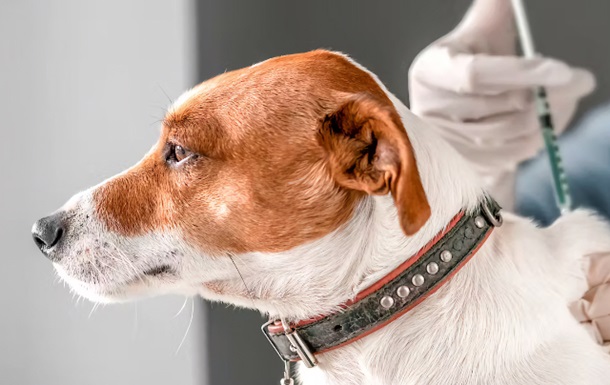Newborn puppies receive antibodies from their mother. Over time, such acquired immunity weakens, and the young dog becomes vulnerable to dangerous and even deadly diseases.
To protect your pet and ensure a healthy future, a puppy vaccination is carried out in several stages, and in the future the owner must adhere to an annual revaccination schedule.
Vaccination helps prepare the puppy’s immunity to counteract pathogenic bacteria, infections, parasites and viruses. It “teaches” the immune system to identify the pathogen of the disease and fight it off. But this is not eternal protection against the disease. Vaccination must be updated, and for this there is a special puppy vaccination schedule.
What is administered to a puppy during vaccination
The vaccine contains antigens. They imitate the pathogen of the disease from which the dog is vaccinated. Antigens do not cause the disease, but gently stimulate the immune system to recognize infection with the pathogen. Even if quarantine is not observed and the puppy falls ill with an incomplete set of vaccinations, when the protection has not had time to form sufficiently, your pet’s immunity will cope with the disease or, at least, the negative consequences will be minimized.
Why does a puppy need several vaccinations
To form a strong, stable immunity against dangerous diseases in a puppy, a series of vaccinations is carried out, taking into account the age of the animal and the date of the previous vaccination. During one visit to the veterinarian, several doses of one vaccine are not administered, but a developed schedule is followed.
The vaccination schedule contains a list of mandatory vaccines. In addition, there are additional vaccinations that may be prescribed, taking into account the dog’s lifestyle, local characteristics and neighborhood with other animals. More detailed information on vaccinations with additional vaccines can be provided by a veterinarian.
Puppy vaccination schedule
The puppy receives its first mandatory (basic) vaccinations at the age of 6-8 weeks. These are vaccines against canine parvovirus, canine distemper virus, parainfluenza and canine adenovirus (infectious hepatitis). Repeated vaccinations against these diseases are carried out every two or four weeks until the animal reaches the age of 16 weeks or more. Revaccination is carried out at the age of six months or a year.
The puppy receives its first vaccination against rabies at 12 weeks with a revaccination at 12 months.
Recommended (additional) vaccinations may include, for example, vaccines against leptospirosis, Lyme disease, and kennel cough.
What will happen to the puppy if the vaccination schedule is not followed
Immunity obtained with mother’s milk passively protects the puppy’s body for up to 8-12 weeks. While this protection is in effect, the young dog’s immunity does not produce antibodies on its own. The age of 6-8 weeks is considered the best period for starting vaccination and for the animal to receive its first basic vaccinations. But after the first vaccines administered, one cannot be completely sure that the puppy has developed immune protection. Repeated vaccinations (revaccinations) increase this probability.
Vaccination is necessary not only to keep the puppy healthy. It prevents the transmission of the disease to other animals and people. In addition, a vaccination certificate is required for traveling in Ukraine and abroad, staying in pet hotels, visiting grooming salons, as well as participating in exhibitions and competitions.
How to follow the revaccination schedule
It is recommended to draw up your own vaccination schedule, based on consultation with a veterinarian. The responsible doctor or clinic where the procedure is performed usually reminds you of the time of the next visit.
Good health is one of the most important components of your pet’s happy life. It is easy to take care of an animal if you regularly visit a veterinarian for preventive examinations and get all necessary vaccinations on time.


